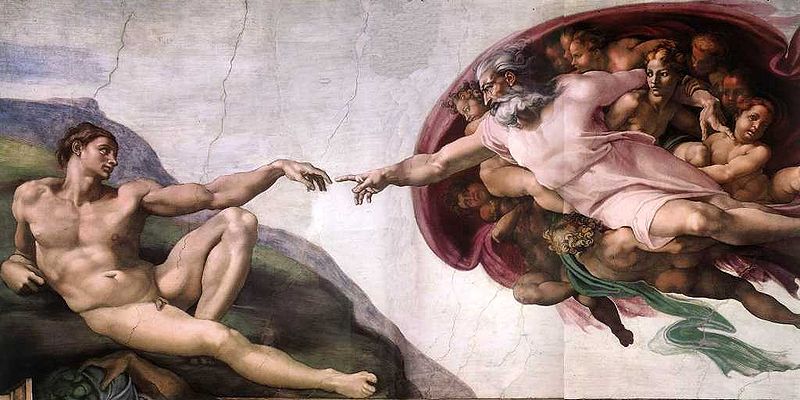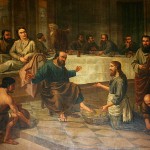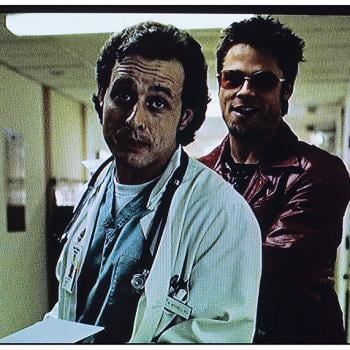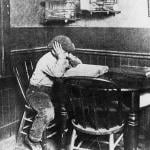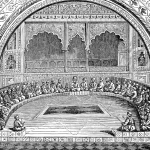Don’t ask me why (really), but I sort of ended up reading a few New Atheist polemics. Lent is over, so should self-mortification be.
Anyway, the problem with New Atheism is that, before the God-argument, there is an epistemological argument. How can we know things, how can we investigate claims?
Of course, the Ur-New Atheist framework is the framework of experimental science. Never mind that this framework, great though it is, is only suitable for a specific and narrow set of claims, and that it’s literally impossible to be a human being and only have experimental science as an epistemological framework (experimental science can’t tell you that you exist, nor anything else; and in fact, it is based on a non-scientific theory of knowledge which must be taken, literally, on faith).
Anyway–this is basic stuff, but the problem with someone who keeps screaming “But science!” is to sort-of explain to them what kind of framework is needed there.
And I’ve now hit upon what I think is a very useful metaphor: the detective mystery.
Like the scientist, the detective starts with empirical evidence. But unlike the scientist, the detective can’t do repeated experiments. So she has to make use of all means available to her. Like more fuzzy forms of knowledge, like eyewitness accounts (which might be trustworthy, or not–but in any case you have to use them, even if to ultimately reject them, but you can’t just say “Well eyewitnesses have no value!”). Like reason, and abstract reasoning. And also intuition. And, at the end, there is always a leap of faith.
The path to faith is also like a detective mystery in the sense that each clue, by itself, is not dispositive. But in any good murder mystery, the clues start adding up (some must be discarded, some acquire new meaning), so that even though each clue by itself does not lead to a solution, all of them put together give you the answer.
And just like in a murder, it is absolutely literally impossible to prove that Colonel Mustard did it. But it is also very possible to put together enough clues that one nevertheless knows (and not just supposes) that he did it–as the phrase has it, “beyond a reasonable doubt”.
Thus it is with Aquinas’ quinque viae, and the evidence for the resurrection accounts being eyewitness accounts, and the annoyingly neoplatonist bias of of all existence, and spiritual experience, and all the rest.

